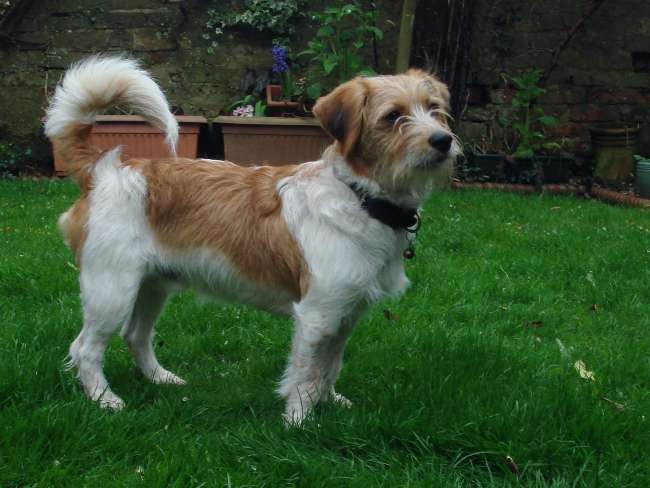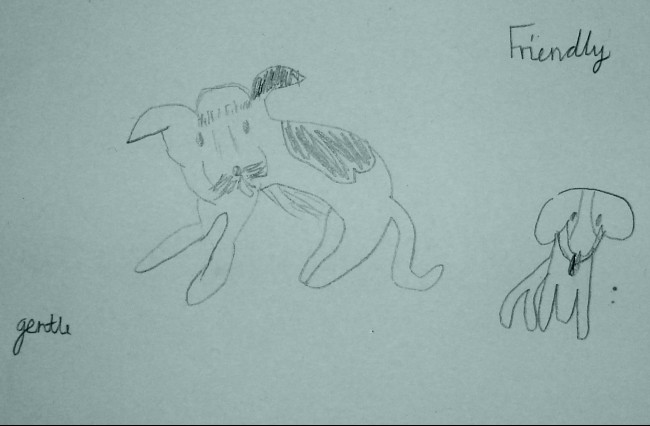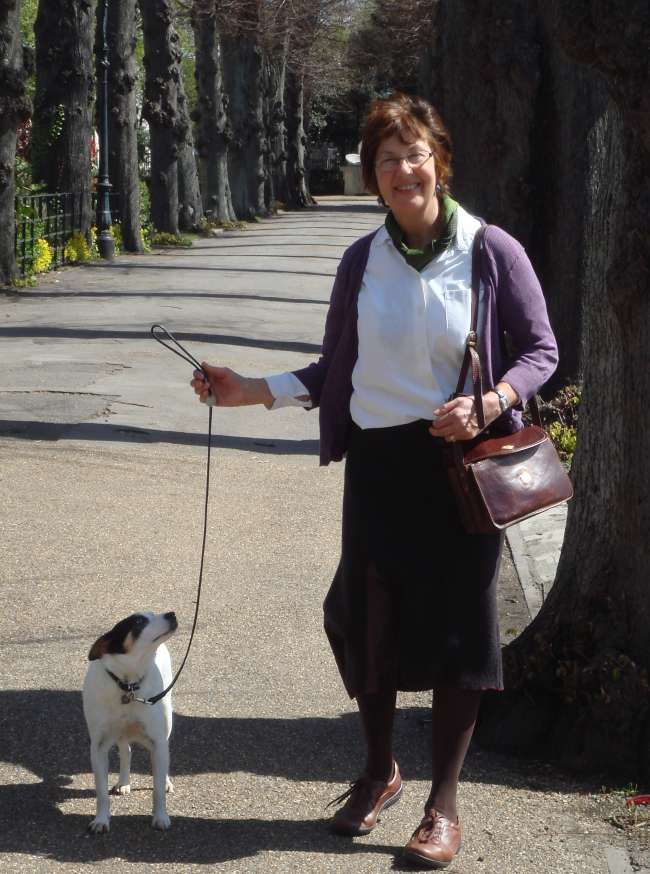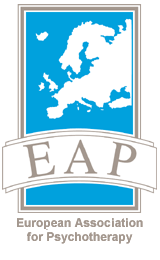Dogs Don’t Wear Clothes
This is Part Three of an article that has appeared in Context, the magazine for family therapy and systemic practice. The original article title was, “Dogs Don’t Wear Clothes.”
Who do we like more, Gizmo or Thompson

One child still talks about him now and asked the difficult question: who do we like best Gizmo or Thompson the puppy. This brings up the knotty issues of other children coming and going in a placement and perhaps who the carers like best? After Gizmo had gone, it was hard for some clients to come to see me, as his absence was felt. I noticed he had provided the greeting and I tried to make myself more animated at the door to carry the welcome in his absence. It was only three weeks until Thompson the puppy arrived and he could be shown to people as a cuddly bundle.
Puppies can sleep in your arms

Several young adult clients who loved Thompson used him to cuddle for the whole of their session, with him sitting quietly in their lap, feeling the warmth and helping them to feel connected as they talked about sadness or difficult life-events. Perhaps he carried their younger selves being held, as they struggled to talk about painful events in their lives.
Puppies like to play
But when he was awake, Thompson, a therapy puppy still in training, needed work and at the beginning could only really be an animated welcome and then be in another room being a mad puppy! It is not taking long: now, at a year old, Thompson is becoming able to stay for a whole session. He has to know when to be invited in and when to back off. He especially has to know not to eat the Lego or be an uninvited object in the sand. But for some children, his animation is what they need.
Dogs like to work
With each little dog only weighing less than a toddler, easy to pick up and to love, yet with its own little ways that have to be understood, had brought help in sessions. The presence of a dog in therapy sessions has brought in huge themes: love, loss, sex, fear, confusion, safety and, more than anything, a wordless and strong connection that has helped me in my work for many years and I hope will for many more. As little Thompson finds his therapy paws as a more mature adult dog, he knows his clients, like Gizmo, he loves to see them and can respond flexibly knowing how and what is needed from him
The romping play being one of the figures in their game is tremendously useful for me the quieter older lady.
More than anything, I think the little dogs have provided canine constancy, a modelling of connectedness, sometimes actively but sometimes just there curled up being warm and snuggled beneath the work that the humans are engaged in in therapy. I truly wonder what it would have been like on this journey without a canine companion for myself and for my many clients. In the words of one child: “Dogs touch my heart”.
Rose Maxwell is a UKCP registered independent integrative child psychotherapist and supervisor. She trained at the Institute of Arts in Therapy and Education, qualifying as a psychotherapist in 2007. She has a private practice in the Fiveways area of Brighton with an art therapy room and uses arts in supervision.

Rose has over 30 years of experience with working with families and children. She has worked with fostering and adoption for many years currently In an ISP fostering agency with troubled children. She supervises for the Oasis project working with children in families where adults are abusing drugs or alcohol, for therapists and counsellors working in schools, for Dolphin house and also Chestnut Tree House and St Catherine’s Children’s Hospice. Rose works with a wide range of issues affecting children, families and adults. Rose’s orientation is integrative, using attachment and relational theories as well as humanistic theories of change with an emphasis on healing through the imagination. She uses animal-assisted therapy where this is useful.
Get in Touch
This was written by Rose and you can contact her here.




Comments